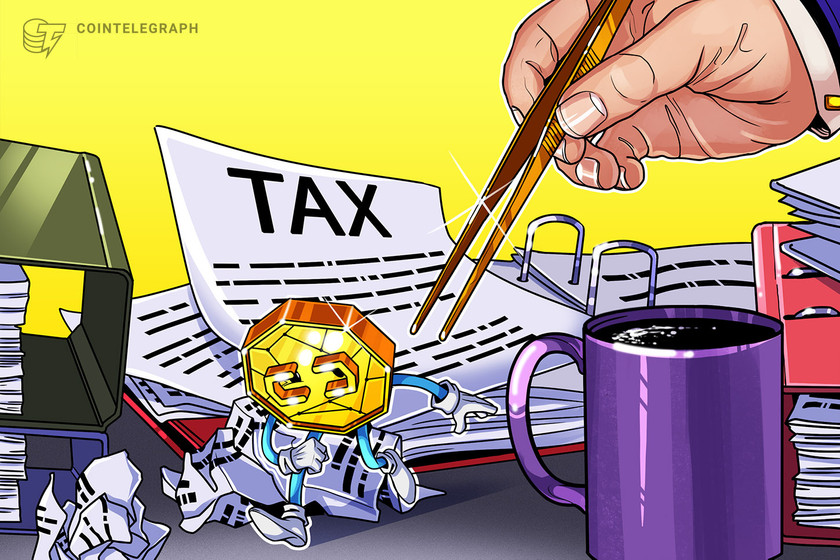What will our identity look like in the Metaverse? A decentralized Web3 suggests it’ll be completely in our control, but growing amounts of information stored […]
Category: Regulation News
India to roll out CBDC using a graded approach: RBI Annual Report
Halfway through 2022, at the proof-of-concept stage, RBI is in the process of verifying the feasibility and functionality of launching a CBDC.
How Terra’s collapse will impact future stablecoin regulations
The collapse of algorithmic stablecoin UST created a ripple effect not just in the crypto market but among world regulators as well.
Stepn to block mainland China users to comply with regulatory policies
In a move to comply with Chinese regulatory policies, Stepn will be blocking users based in mainland China from its mobile app.
Tips to claim tax losses with the US Internal Revenue Service
With the market falling off a cliff, there will be big losses to claim on your taxes, right? Well, let’s break it down in detail.
Brainard tells House committee about potential role of CBDC, future of stablecoins
The Fed vice chair told the House Financial Services Committee that a CBDC offers stability, interoperability in increasingly complex economic system.
One River’s spot Bitcoin ETF application rejected by SEC
The proposed environmentally conscious spot ETF was found to be insufficiently protected against fraud and manipulation, like many ETF proposals before it.
Finance Redefined: Uniswap breaches $1T volume, WEF 2022 discussion on Terra, and more
The past week in DeFi saw Uniswap breach $1 trillion trading volume, while WEF 2022 saw Terra at the center of most crypto and DeFi […]
Brazil’s Federal Revenue now requires citizens to pay taxes on like-kind crypto trades
The Federal Revenue of Brazil wants investors to pay taxes on cryptocurrency trading profits, even if there is no exchange for Brazil’s national currency.
Draft bill to ban China’s digital yuan from US app stores
Three Republican senators introduced a bill to protect Americans from the “Authoritarian Digital Currencies Act.”









